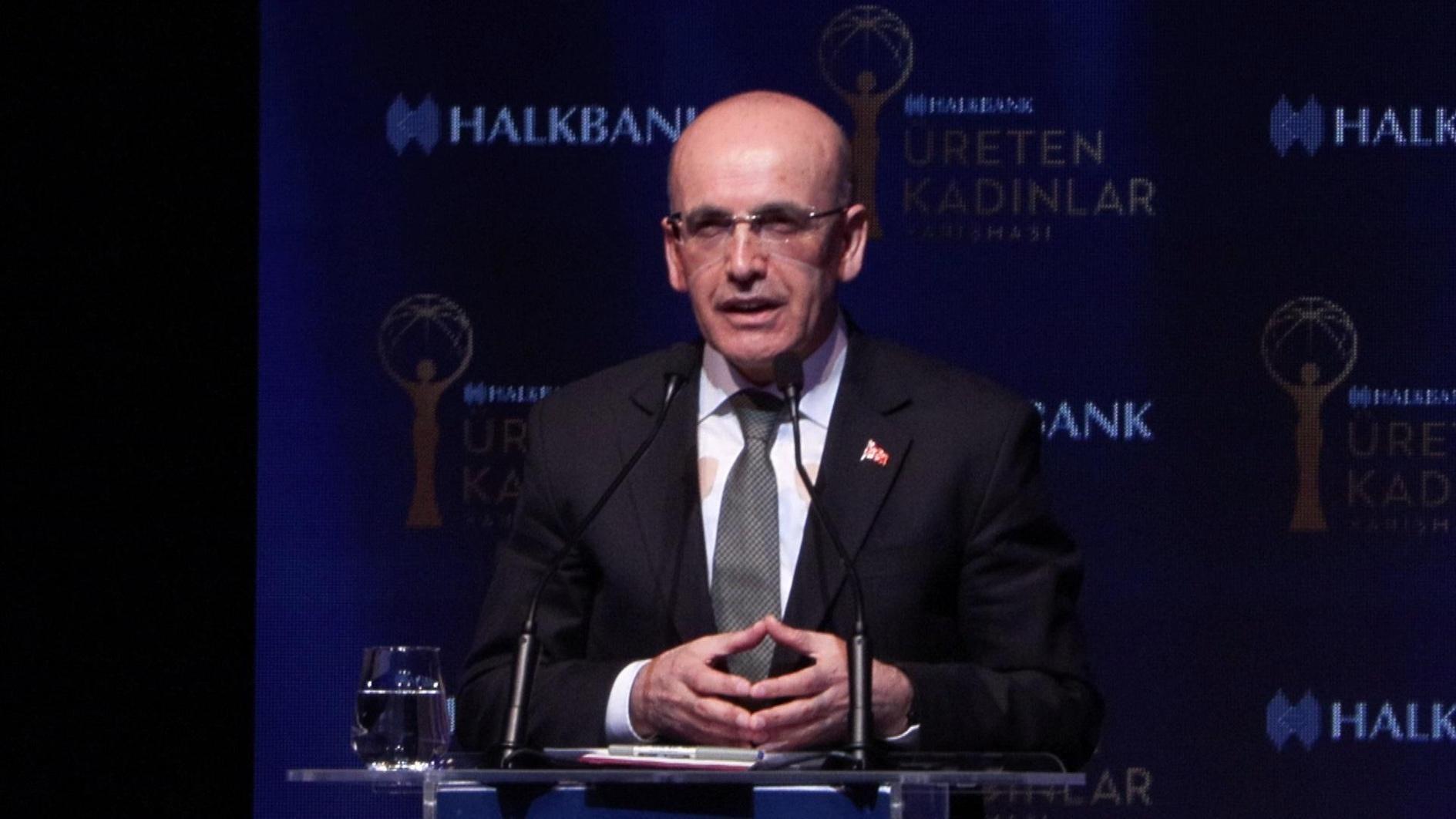An honest road map with the US
Turkey has started debating the presidential system in an awkward way. The Justice and Development Party’s (AK Party) proposal has very few similarities with democratic presidential systems like those of the United States or France. It is almost an à la carte democracy for beginners with immense powers given to the “president” to dissolve the parliament, appoint judges to high-level courts and the like, but no control over the president him/herself. As long as the Nationalist Movement Party’s (MHP) red lines are limited to the first four articles, the AK Party’s top brass will be able to sell their idea as a “Unitarian Presidential System” that will be similar to those in fragile Central American democracies. But this article is not really about Turkey’s ongoing discussion.
The Center For American Progress recently issued a detailed report to the incoming U.S. president about what to do in the Middle East. The report puts Turkey in the “Hybrid Regime” category, one step below authoritarian. Turkey, by this criterion, is equivalent to Iraq and Morocco. Tunisia, for example, is doing better than Turkey as a “flawed democracy.” In terms of freedom of expression, Turkey is equal with Morocco, Algeria and Libya with its blasphemy law.
See https://www.americanprogress.org/issues/security/reports/2016/10/19/146283/leveraging-u-s-power-in-the-middle-east/ for more.
CAP’s report outlines the challenges in the region as “four profound deficits”: deficits of knowledge, freedom, women’s rights and economic opportunity. Once the problem of Arab nations, these four deficits are becoming the core of Turkey’s ongoing social, economic and security problems as well.
But in the meantime, maybe Ankara should create its own road map to deal with the new president. The first step for this is openness and honesty. A leading U.S. software company’s executive told me that despite all the America-bashing in front of “muhtars,” President Erdoğan, in private, talks very easily with businessmen, especially American businessmen, and encourages them to invest more in Turkey. “Don’t pay attention to that, he said,” the CEO told me, “I was struck. I thought we would be getting the table next to the restroom during an official lunch at Beştepe. Our seats were at the head table.”
This poses a great danger. A president cannot play the “hero against the infidels” in front of the crowds and the “nice guy” behind closed doors at business meetings. Middle Eastern politicians may be used to this dichotomy, but an open-market economy and real democracies will not walk together if your rhetoric becomes unpredictable, or maybe too predictable. How can a Western business survive in Turkey when, AK Party followers and trolls in the social media will be digging your grave while officials host you at dinners?
A newly appointed U.S. diplomat stressed the need to “rewrite” U.S.-Turkish relations. “The business side is booming,” he said. “I cannot understand how politically we can be in such bad shape.” My colleague told him that it is always profitable to cast the U.S. as “the enemy” because it comes back with full interest at the ballot box. “But we have been allies for 60 years,” he said. That alliance has been questionable for progressive and secular people in this country for 20 years. If the U.S. wants clarity and honesty, it should stop treating Turkey’s opposition groups as “marginals with no chance of winning elections.”











